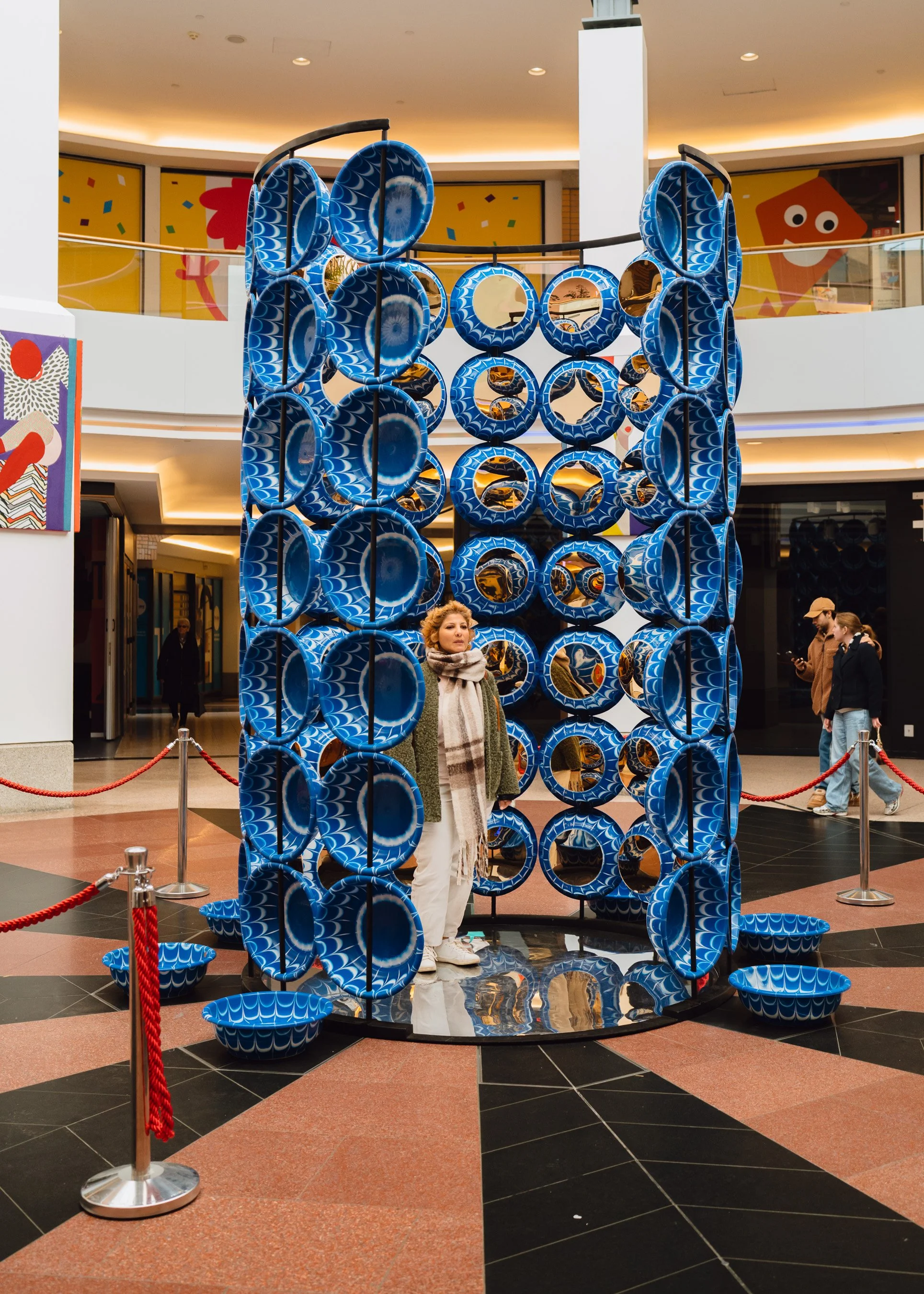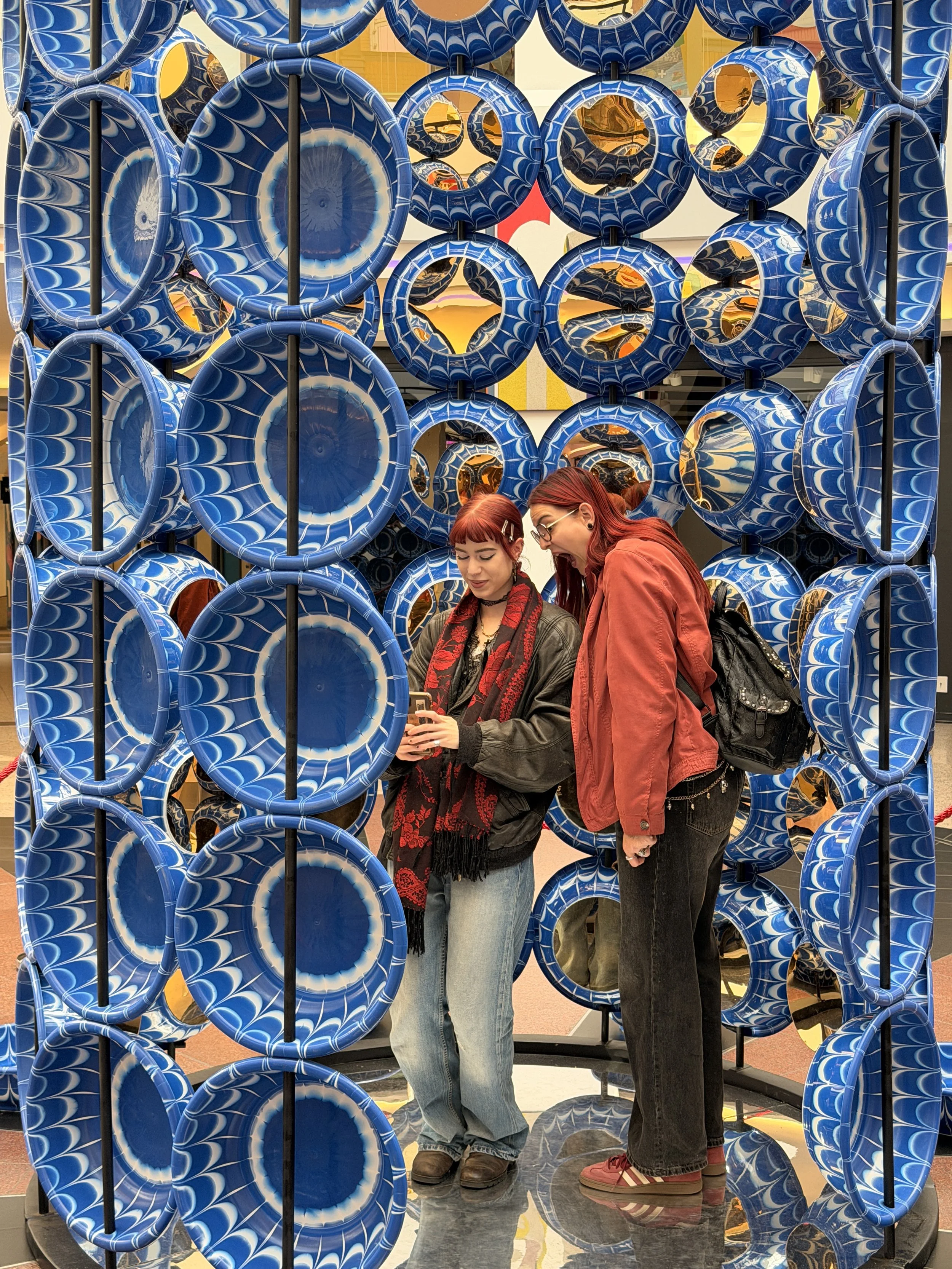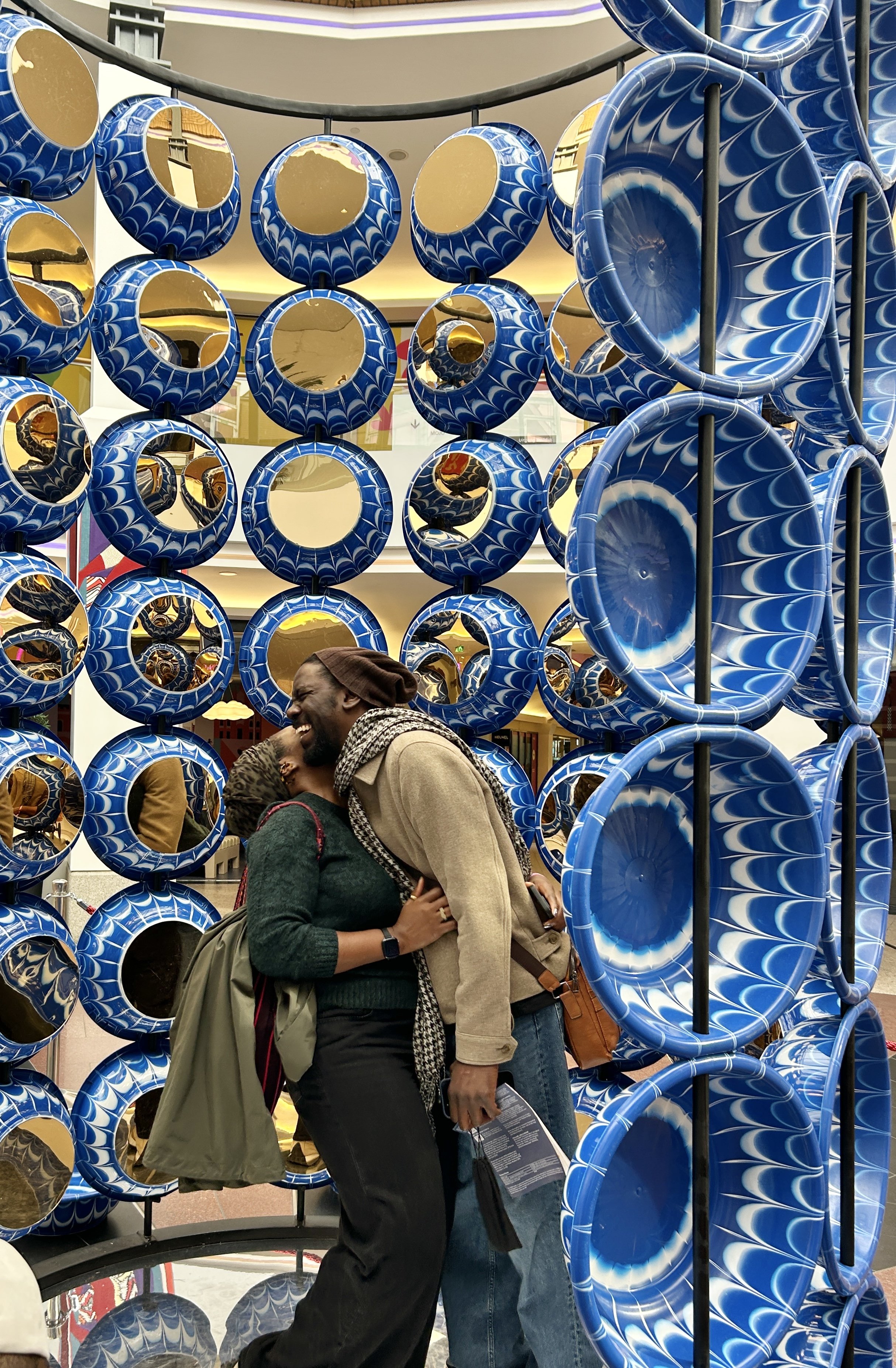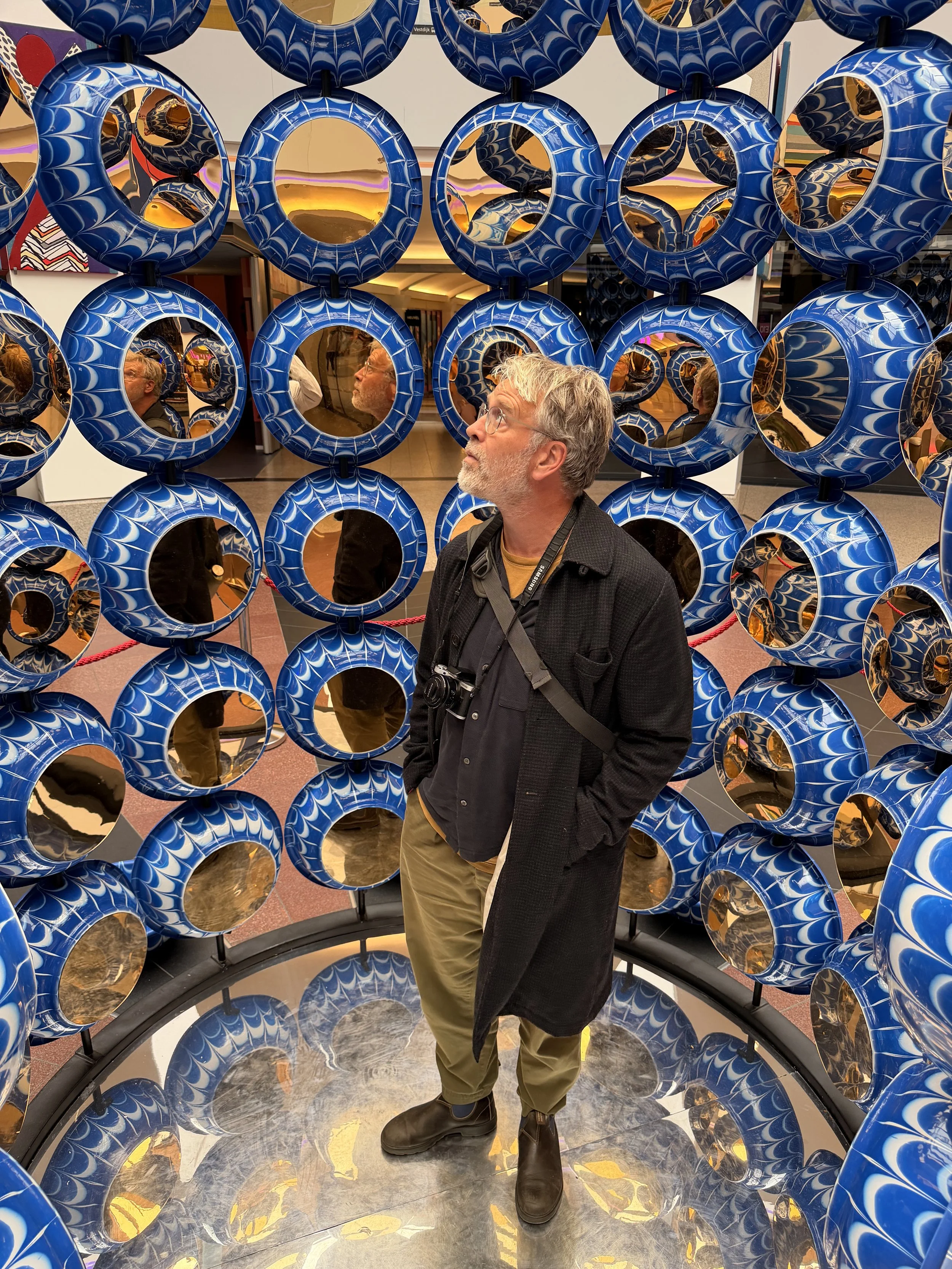Water Basin Totem.
Exhibitions:
Dutch Design Week - Grand Projects, Eindhoven, Netherlands, 2025
The Matter Art Project, Dakar, Senegal, 2024
Aligned with the theme of the 2024 Dakar Biennale, "The Wake," which seeks to explore how art can confront ongoing social and environmental crises globally and, more specifically, in Dakar, Senegal, Salù Iwadi Studio proposes "The Water Basin Totem." This project aims to highlight the use of recycled materials in the built environment to raise awareness about pressing water issues in Africa. It seeks to inspire contemplation and dialogue, emphasizing the significance of water conservation, sustainable practices, and individuals' vital role in protecting Africa’s precious water bodies.
Africa is estimated to be the second-largest contributor to plastic pollution in the world's oceans, accounting for approximately 20% of global plastic waste leakage into the seas. The consumption of single-use plastics presents significant challenges to water bodies, ecosystems, and African communities. Coastal areas and major urban centers in Africa, such as Dakar, Senegal, where the installation is located, are hotspots for plastic pollution, with improper waste disposal and lack of recycling infrastructure being key contributors to this global issue.
The radial and tubular form of the installation creates a striking juxtaposition from its contextual surroundings with its use of color, order, and scale, inviting visitors to reflect on the vital role water plays in shaping Africa's past, present, and future. As they immerse themselves in this visually captivating experience, the hope is to instill a sense of responsibility and empowerment, inspiring individuals to take conscious steps to protect Africa’s water resources, foster sustainability, and ensure that the glistening reflections of our water bodies continue to grace our landscapes for generations.
Water basins hold significant symbolism in West African households due to their versatility, affordability, and practicality in addressing water-related challenges. They are used for various purposes, including water and goods storage and rainwater harvesting systems, which allow communities to capture and store rainwater for drinking, cooking, hygiene, and irrigation. The lightweight and portable nature of the basins facilitates easy transportation and storage of water. When properly maintained, these basins can last generations, contributing to effective plastic waste management. Additionally, they can be recycled upon damage, promoting a circular economy and reducing the environmental impact of plastic waste.
The reflective surfaces used in the installation were repurposed from discarded building site materials. The strategic positioning of the reflective surfaces invites viewers to engage in a thought-provoking and immersive experience that challenges their perception of reality as the reflections are fragmented, filtered, and duplicated upon entering the volume. This reflective state allows observers to contemplate their involvement in plastic pollution, urging them to envision a better future by engaging in dialogue and proposing sustainable solutions. The luminescent nature of the reflective surfaces allows the installation to change character as the sun moves around the installation, allowing for a different experience depending on the time of visit.
The materials used to create this installation, include 84 recycled plastic basins with repurposed plexiglass attached to the base of each one and 12 up-cycled steel frames sitting on a 2m steel base with plexiglass attached to the top of the base which were all manufactured in close proximity to the final gallery destination. The modular nature of the design means it can easily be dismantled and moved to another site in the future to continue to showcase a sustainable approach and encourage the audience to rethink the usage and impact of everyday materials in the built environment.
Production: Dakar, Senegal Year: 2024


















